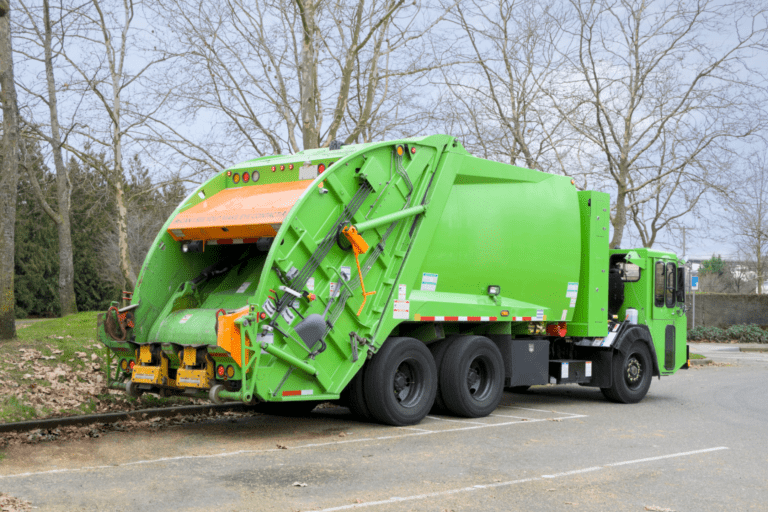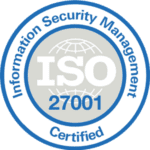As frustrating as they can be, DOT audits are necessary to ensure your company is running safely. This is necessary not only for your drivers but for other motorists as well. There are four different types of DOT audits typically carried out, and they all require detailed documents to be made available.
Of the four existing DOT audits, the new entrant and compliance review audits are most common. To help you prepare, we will dive deep into the new entrant audit, looking at everything you need to know and how best to be prepared.
What Is the New Entrant Audit?
This DOT audit is meant for new motor carriers that have filed with the DOT recently. If you just started your trucking company or have just become an independent owner-operator within the last twelve months, there are several steps needed to ensure your company continues operating. One of these steps includes a new entrant audit.
The new entrant audit is a safety audit that is carried out within your company’s first six months of operation — usually three to six months after your DOT number has been issued. The new entrant audit helps make sure that your company complies with all the required safety regulations.
The audit will require you to prove to the FMCSA that your business;
-
Has the required insurance
-
Follows proper operational protocols
-
Has drivers that have met all qualifications set by the FMCA
-
Follows the established drug and alcohol compliance
-
Makes repairs to defective trucks and has passed safety inspections
What Is Included in the New Entrant Audit?
The audit will look at driver qualification, operation protocols, insurance, repair and safety inspection, and drug and alcohol compliance to ensure that your new company has all it needs to operate safely. Below are the violations that could see your company automatically failing the audit;
-
Operating a commercial vehicle without the proper insurance
-
Operating a vehicle that has been deemed Out-of-Service
-
Operating a commercial vehicle that is not periodically inspected
-
Hiring a driver who does not have a CDL
-
Not being a member of an alcohol and drug testing pool
-
Working with a medically unqualified driver
-
Not documenting the hours-of-service records properly
What Happens If You Do Not Pass the New Entrant Audit?
There are several penalties your company could face if you fail the new entrant safety audit. Failure will need you to submit a detailed corrective action plan within 45 days of the completed inspection. The action plan should entail procedures your company will put in place to rectify the identified issues.
If you do not submit the corrective action plan within the said duration, your company could receive further penalties, including being declared out of service for a minimum of thirty days. This could be quite costly not only for your business but your reputation as well.
Tips for Preparing for a New Entrant Audit

Once you receive a notification from the DOT of an upcoming new entrant audit, you will have to ensure that all the necessary paperwork is prepared and available. This paperwork will prove to the DOT that you are following all protocols set by the FMCSA.
When you have the right paperwork ready and waiting, it saves you the hassle of having to put everything together when the DOT shows up. Attention to detail could be the difference between failing and passing the audit.
Documents
To be well prepared, here are the documents you should have ready:
-
A copy of the Federal Motor Carrier Safety Regulations
-
An MCS-90 form that shows insurance coverage meeting the limit needed for your company’s operations
-
A written policy for alcohol and drug use and testing along with a summary of any alcohol and drug testing carried out
-
A copy of drug tests done for all driver before employment
-
Motor vehicle records on all your drivers
-
Proof that all hired drivers have up-to-date commercial drivers license
-
A DOT security plan
-
Maintenance records
-
Driver logs
Driver Information
Since the audit will also see the DOT review the qualifications of all your drivers, their files must always be kept accurate and up-to-date. The audit will require the following driver information:
-
A record of a road test
-
Documentation that shows you investigated the employment history of the driver before hiring him or her
-
Training materials on alcohol and drug programs along with a receipt signed by the driver
-
Instructions to drivers regarding convictions for moving violations which have to be issued within 30 days of the violation
-
A documented review of any certificate violations made by the driver
Operational Protocols
Aside from driver qualifications, the new entrant audit will also review the operational protocols you have put in place within your company. Because of this, there are specific processes that you must put in place and document for the audit. They include:
-
Written hiring policies
-
An up-to-date accident register
-
Disciplinary action system for violations made by drivers
-
Process of keeping all commercial driving licenses up-to-date along with removal procedures if a driver’s CDL expires
-
Procedure for documenting the medical certificates for drivers along with removal procedures should the certificates be out of date
-
Process that enables you to check all driver logs for accuracy
-
Detailed system that allows you to control working hours while ensuring compliance
Knowing what is expected for the DOT new entrant audit goes a long way in helping you to prepare for it. In the process, it will also help you to maintain better-detailed records. While DOT audits are something not many companies often look forward to, proper preparation boosts your confidence and allows the inspection to run a lot more smoothly.
Stay on Top of Dot Compliance With Whip Around
With the many detailed documentation needed for not only the new entrant audit but any DOT compliance audit carried out, implementing a paper-based process of maintaining your records is not efficient.
However, with Whip Around, the user-friendly electronic inspection solutions and digital DVIR app make it possible for your drivers to complete inspections quickly. Also, you can efficiently keep and access all necessary records, making it easier for you to meet the required compliance. Start your free trial today.









